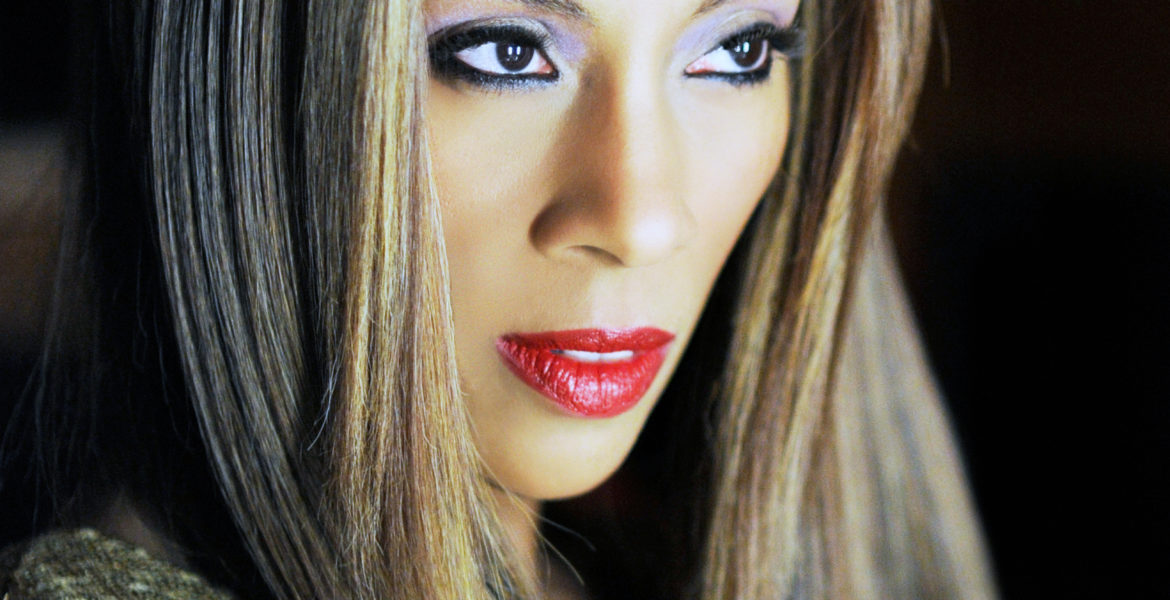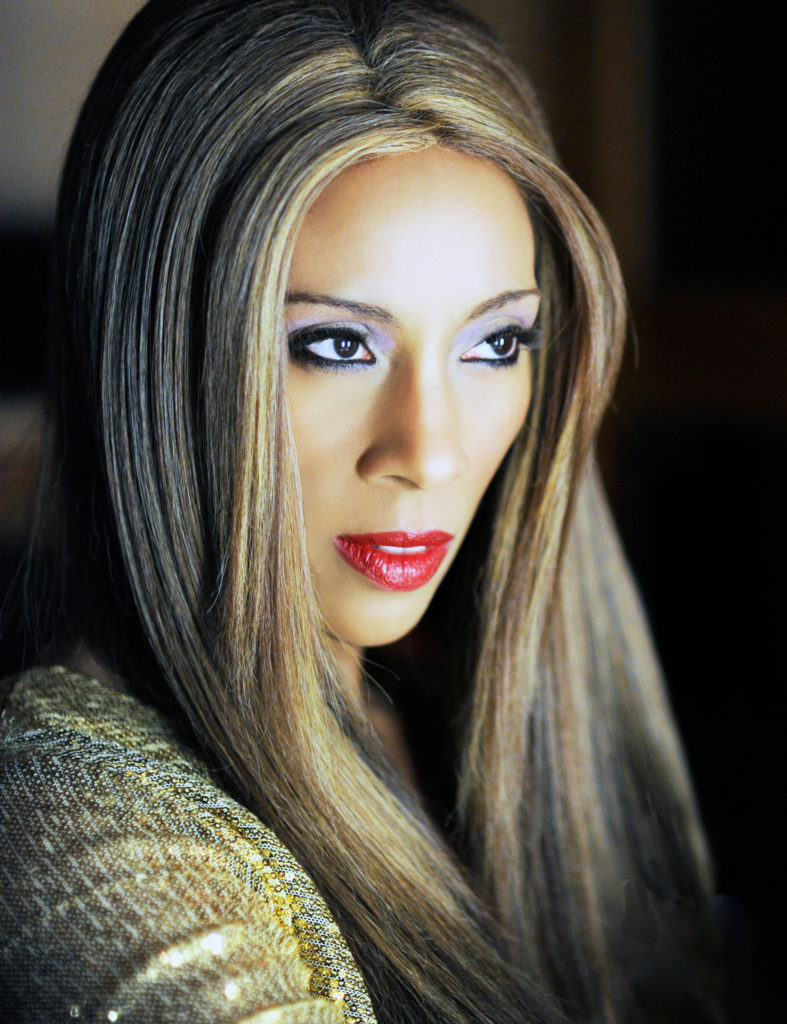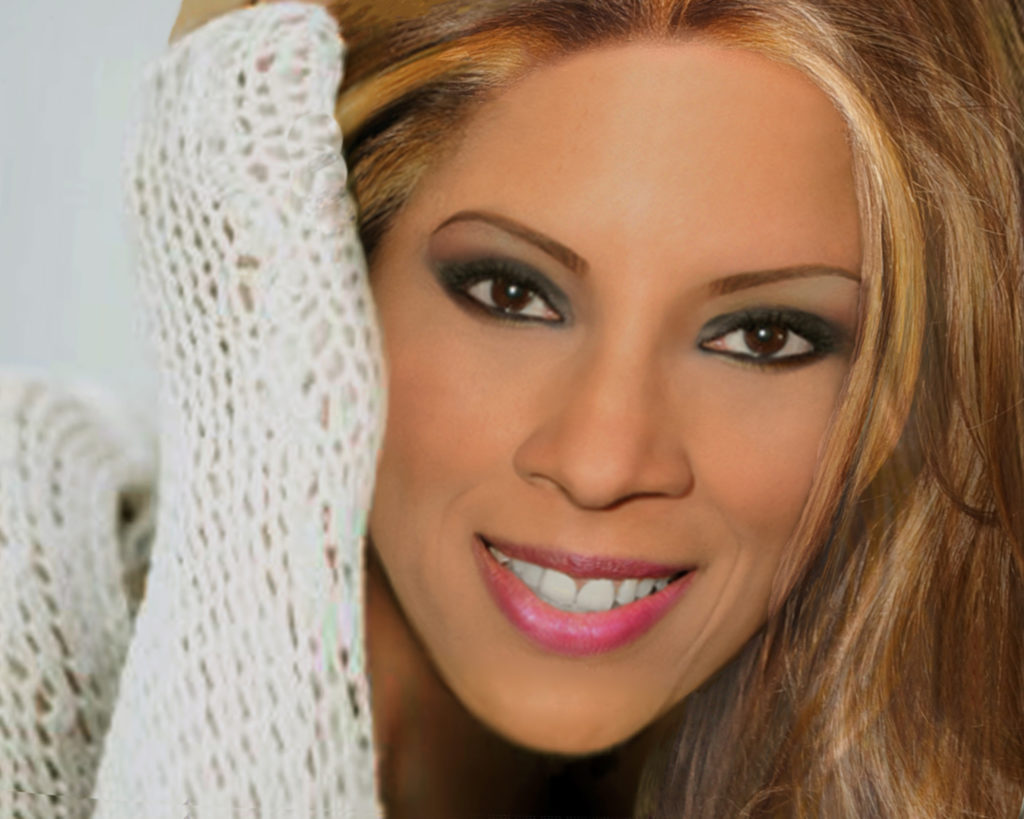FMW: Share your background.
I used to attend my older sister’s band concerts (she played clarinet) and as I watched her many school performances, I sized up the different instruments. I liked the way the flute looked and I might have been a little OCD, but it looked like the prettiest and cleanest one! Ha, the clarinet and saxophones had these “smelly-looking” reeds; and I saw the trumpet players and trombonists empty their spit valves during performances. Yuck! So I decided then and there at five or six that I would be just like my older sister and play in the band, too, but my instrument would be the flute! I started playing flute at 9-years old. I played in the band in elementary school through junior high until the band director informed my dad that I had absolutely no talent in music. This was a devastating piece of information. What the band director didn’t know was I had a faulty instrument. I had inherited a Bundy flute from my uncle. My parents had no idea it wasn’t in great condition. I could barely get a sound out of it, let alone a decent tone. Once my parents figured this out, they purchased a Gemeinhardt student model flute. Next day at class, I played my part so well that I was immediately placed as the section leader. The band director apologized to my father and from there my musical journey began!
I played all through high school in the band, and district honor bands, was the section leader, and recipient of several prestigious musical honors. I also learned piano and began composing. Aside from being offered full music scholarships from Julliard, and Sherwood Music Conservatory, I excelled as a classical musician and flutist even before I reached college age. I ultimately ended up at UCLA and majored in Music Composition and Ethnomusicology, and completed a Masters program in Film Scoring. By my junior year at UCLA, I had written my first symphony! I learned from the best composers: David Raksin, Henry Mancini, Walter Scharf, just to name a few. My Symphony titled For God was critically acclaimed in Europe. I apprenticed with composer Barry Goldberg, ghost wrote scores for countless television shows and even did the orchestrations for the blockbuster film Ruby. I also was a top string arranger and conductor for several record labels, including Warner Bros., Universal Republic, Polygram, Elektra Records, Capitol Records. I wrote and conducted arrangements for Barry White, Tracy Spencer, even co-wrote a song and arranged the strings for Nancy Wilson, which she ultimately demoed. I even composed/conducted the music for a 4-act Ballet titled Apocaliptica that had a four-week run at Santa Monica College. I worked diligently by scoring several student and independent films, ultimately producing, writing, composing, editing, and directing my multi-award-winning film Redemption. I became a Filmmaker only because I discovered that being female was a disadvantage. If I wanted to be a prolific score writer (not just an arranger/orchestrator/conductor), I needed to take immediate action. So I became an independent filmmaker just so I could score my movies; and I have since produced features, shorts, documentaries, webisodes, music videos, and countless documentary-style vignette interviews (for Agenda magazine), many of which have aired on television. This just scratches the surface of my background—the rest will be in my autobiography . . . wink, wink.
“Music speaks to our souls. I can change a scene or change a MOOD. Creating something from nothing, and watching how it affects others is what moves me.”
FWM: You are known by many as a quadruple threat. Tell us about this.
That’s a hard one to explain. When I released my first jazz CD All Jazzed Up! in 2005, that was the first time I heard the phrase “quadruple threat”; I just ran with it. It just describes my talents. I am a singer, instrumentalist, composer/arranger/conductor, filmmaker, and even a magazine publisher. People don’t know what to call me. Apparel News deemed me as “a renaissance” woman. I am very entrepreneurial: a trait I inherited from my father. I just do a lot, but NOT like a “jack of all trades, master of none.” Everything that I take on, I give it my all; I consult and learn from the best. I don’t just throw it out there. I work hard and smart at everything.
FWM: What is it about composing music that you enjoy the most?
Creating something that has never existed before is sort of like giving birth. In my case, I am giving birth to several children, musically. I hear music all the time in my head. It is painful if I cannot put pen to paper (a figure of speech as everything is done digitally today) and push it out into existence. God has given me this talent—that’s the only way to explain it. I get such joy from creating music that is divinely inspired. Whenever the music comes easily, that’s how I know it was meant. To answer your question, I enjoy the process of composing music.
I curated the music for the Artemis Women In Action Film and Music Festival 5th Edition (AWIAFF), and my company Bella Composers sponsored the first music competition of its kind. I produced a CD compilation of women composers titled Artemis Women Powered Music. The CD puts a spotlight on the winners and their winning selection from that festival. And they happen to be female composers from all over the world.
As far as current work, I am scoring a series of audio books for a very talented author.
FWM: What are you most proud of?
That’s a really hard question. I am usually most pleased with my latest creation(s), whether it is music, publishing, etc. Probably because once I am finished, I move on and focus all my energy on what I happen to be doing at the moment. Plus I am always finding ways to improve. So what I might have considered “great” years ago, has most likely shifted. I am proud when I can give back, mentor, and to see growth in somebody can help further his/her journey(s).
FWM: Can you share a pivotal moment in your life?
These are great questions! Nobody has ever asked me this. A pivotal moment as a music professional happened years ago when I was given my first opportunity to do a string arrangement for a recording artist at Capitol Records. The producer was nervous because I was new, so young, and FEMALE. I showed up to the session with pristine charts, and conducted the 12-piece string session without a hitch. As I was going through the music with the ensemble, I saw their faces change as they began playing my arrangement. They gave me their respect. Yes, I had to earn it. But I didn’t take this experience lightly at all. I have since followed the same protocol with every project. I double, triple check my charts, make sure I give the person hiring me what they want, not what I want. Of course I was able to infuse my vast musical experience into the arrangement. This has served me well. That moment at Capitol Records changed how I viewed myself . . . I was no longer a student. That was the day that I became a true professional.
FWM: What are you best known for?
Should I Google myself for this question? Aside from my formal musical training, I perform as a jazz vocalist and flutist, where lately I have been gaining quite a bit of traction. I have played and recorded with some of the most iconic musicians, including Bunny Brunel, Patrice Rushen, Stanley Clarke, Jeff Goldblum, Hubert Laws, Bobby Lyle, Larry Dunn, and others. My second jazz release My Man has put me on the map as a recording artist.
FWM: Who has been the most influential person in your life?
Hands down—my parents—who instilled in me that I could be anything I wanted! They showed me that perseverance pays off. I watched my minority father become a millionaire with his own business in the middle of a recession. I watched my mom change the lives of many of her students. They taught me to go above and beyond in all that I do if I wanted to excel. I followed their advice and their example. I thank God for my parents. I would not be the person I am today without them.
FWM: What is it about music composition that moves you?
Music speaks to our souls. I can change a scene or change a MOOD. Creating something from nothing, and watching how it affects others is what moves me. Whether it is a standalone composition or a new arrangement on a well-loved song, I love to watch peoples’ faces when they hear my compositions and arrangements. And countless people have told me that they were blessed by my music. Those testimonies are what “moves” me the most!
FWM: Please share your best advice for young composers.
Today there are so many opportunities for composers. And the cream always rises is something my mother taught me. Number 1, learn your craft! Go beyond the textbooks and the lectures in college. Go on your musical journey and find out what resonates with you. If you are exposed to Mozart, why not listen to Shostakovich? Listen to everything you can get your hands on. With Youtube, it is so much easier to broaden your palate. Now take your acquired archive and pull from it. Recently, I got a job arranging and composing music for an artist who had very eclectic tastes. The producer needed the sound of Ennio Morricone and Marvin Hamlisch with some Swing Out Sister and Burt Bacharach thrown into the mix. Lucky for me, I was extremely familiar with these styles. I got the job because I earned a reputation for being a great arranger/composer and I am sensitive to the desires of the artist or filmmaker, and I have always been successful at infusing my vast musical archive into the score or composition. Less is more—that was what my professor Walter Scharf ingrained in my mind. There is a simplistic yet underlying complexity to my music. Be unique but give them what they want. Ask questions.
Insta @bellacomposers, @kaylenepeoples
Facebook: Bella Composers https://www.facebook.com/musicmakers123/ and Kaylene Peoples Music https://www.facebook.com/kaylenepeoples/
Twitter: https://twitter.com/boogseymusic
Linkedin: https://www.linkedin.com/in/agendamag




